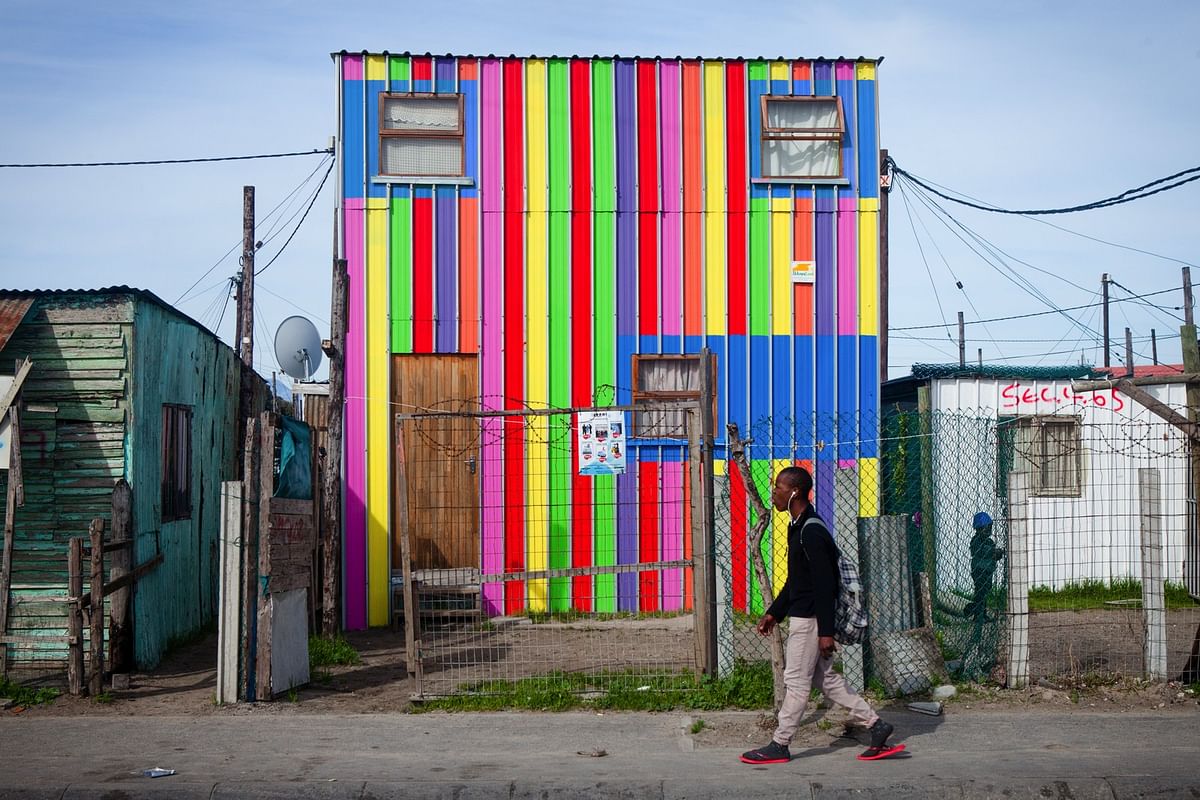
Four honorees join Curry Stone Social Design Circle for July 2017
By Justine Testado|
Wednesday, Jul 5, 2017
Related
For July, four design initiatives became honorary members of the 2017 Curry Stone Social Design Circle, which is honoring a total of 100 designers throughout the year for exceptional work that is dedicated to addressing the most pressing social issues in urban communities today. Each honoree was selected in relations to this month's Social Design Circle theme: “Can We Design A Slum-Friendly City?”
Learn more about this month's honorees below.
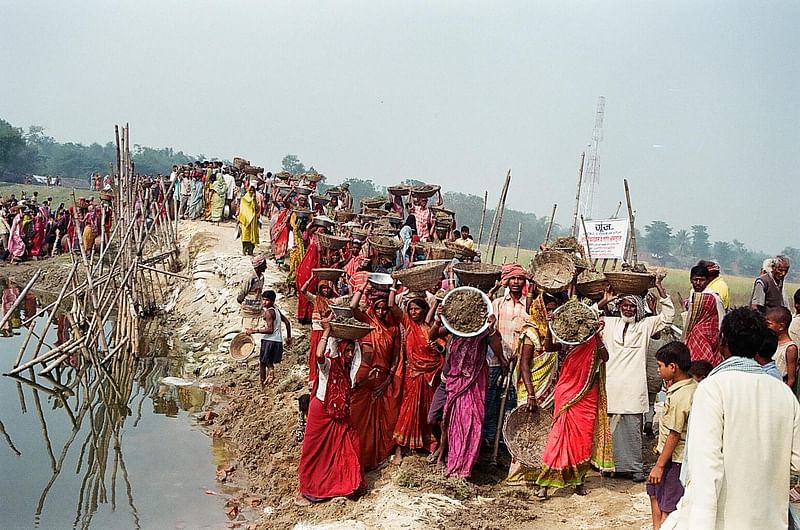
Goonj (New Delhi, India): “Founded by Anshu Gupta in 1998, this Delhi-based, non-governmental organization follows a simple model: it uses cloth as a form of currency which can be traded for works directed at community improvement. [...] The dearth of cloth places severe limits on a community’s productivity and ultimate happiness. Rather than respond to this need with a form of charity, Goonj undertook a closed loop program which trades cloth for development. A community is asked of itself: what does this community need? The answer could be a sewer system, a playground, etc. The work is then commissioned and facilitated by Goonj, the workers are recruited from within the community, and are paid with various forms of clothing and cloth.”
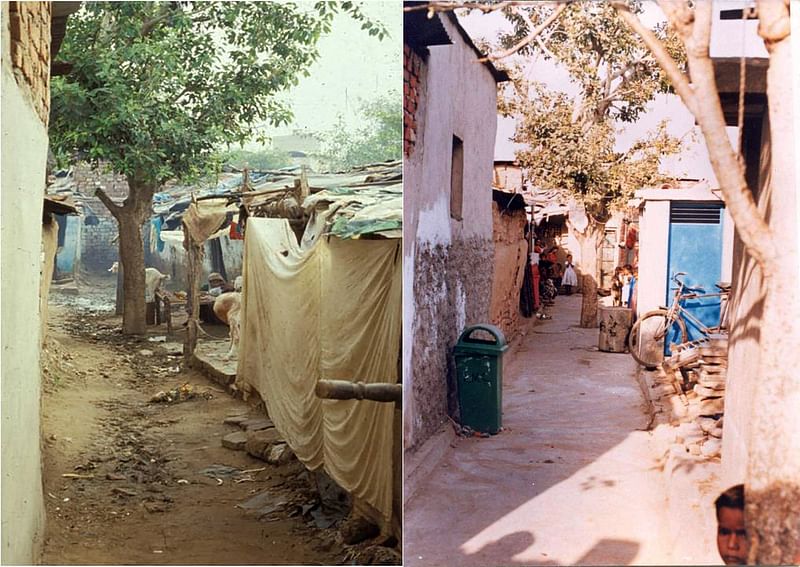
Himanshu Parikh (Gujarat, India): “A noted Indian engineer honored for the development of ‘slum networking’ and his work with poor communities throughout India. Parikh is best known for the redevelopment of Indore, India, for which Parikh was awarded the prestigious Aga Khan Award for Architecture. It was there that the concept of ‘slum networking’ was first deployed at scale, and it has since been replicated throughout India.”
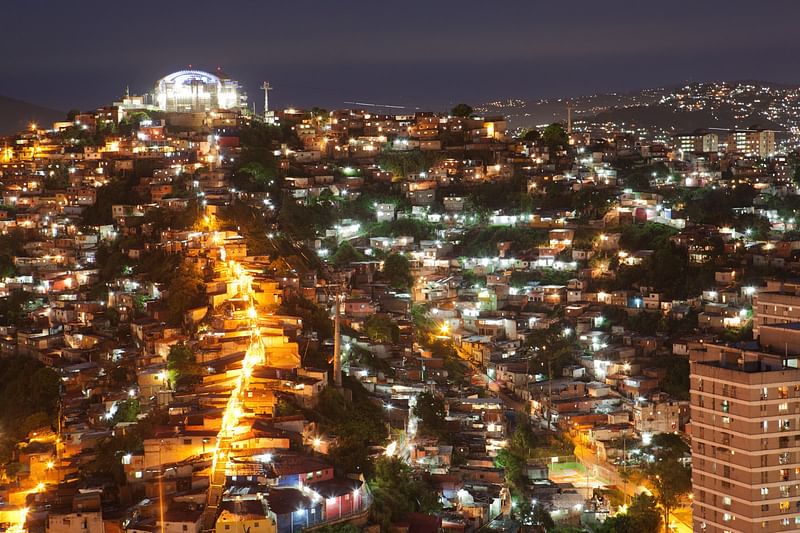
Urban Think Tank (Zurich, Switzerland): “UrbanThink Tank (UTT) is an interdisciplinary design studio dedicated to high level research and design at a variety of scales, principally concerned with contemporary architecture and urbanism. Founded in 1993 by Alfredo Brillembourg and Hubert Klumpner, the practice has maintained a strong investigatory and educational component as it has explored challenging urban conditions throughout the world. [...] Their work across the globe, both in practice and in teaching, has provoked significant questions about how we see informal communities and the strategies available to foster safe, sane development.”
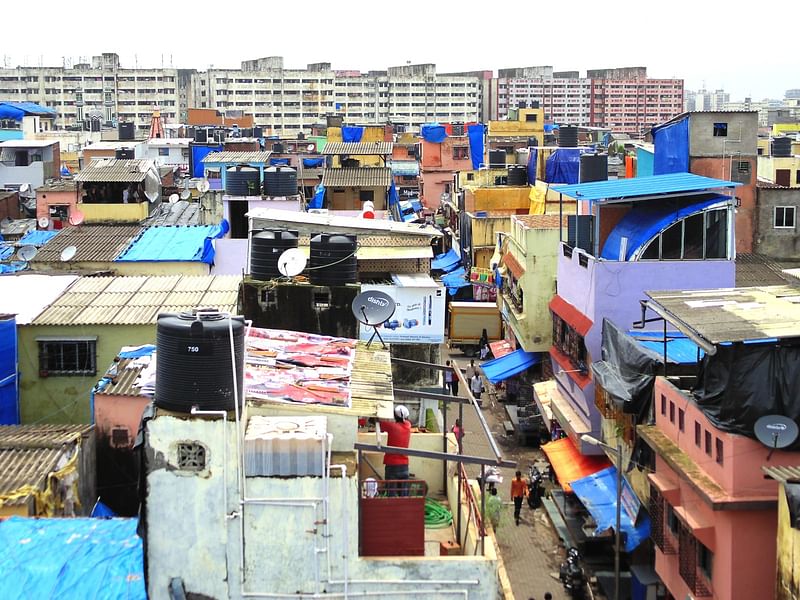
URBZ (Dharavi, India): “Urbz is a Mumbai-based progressive urban design practice that is challenging how slums can be ‘redeveloped’, as well as the basic definition of the word ‘slum.’ [...] Urbz is part of a vanguard seeking to keep the residents of Dharavi where they are, by improving construction techniques and pushing back against the economic and political forces driving relocation.”

RELATED NEWS Eleven more Curry Stone Social Design Circle members announced for June

RELATED NEWS Nine Curry Stone Social Design Circle honorees announced for May 2017


Share
0 Comments
Comment as :